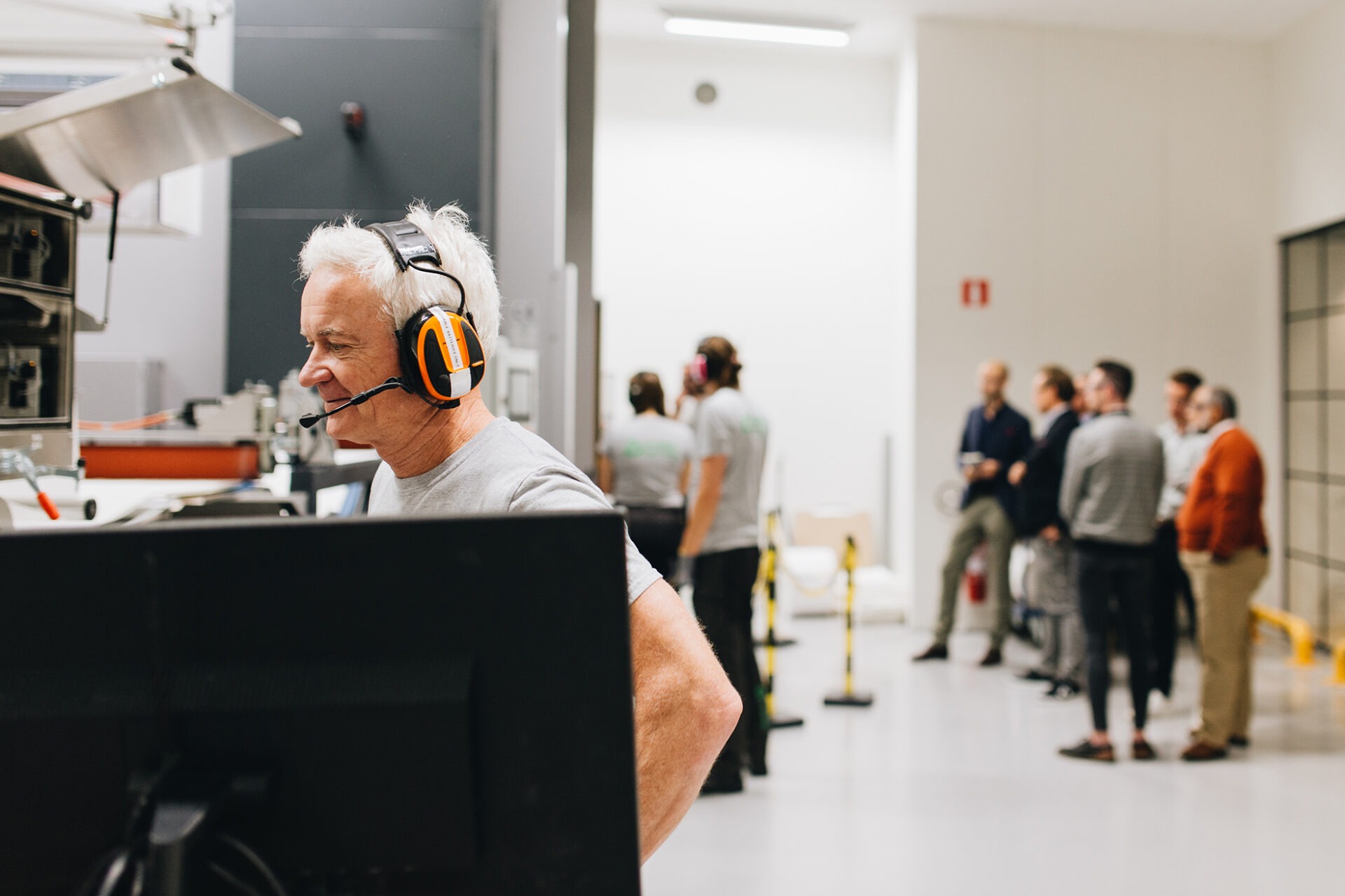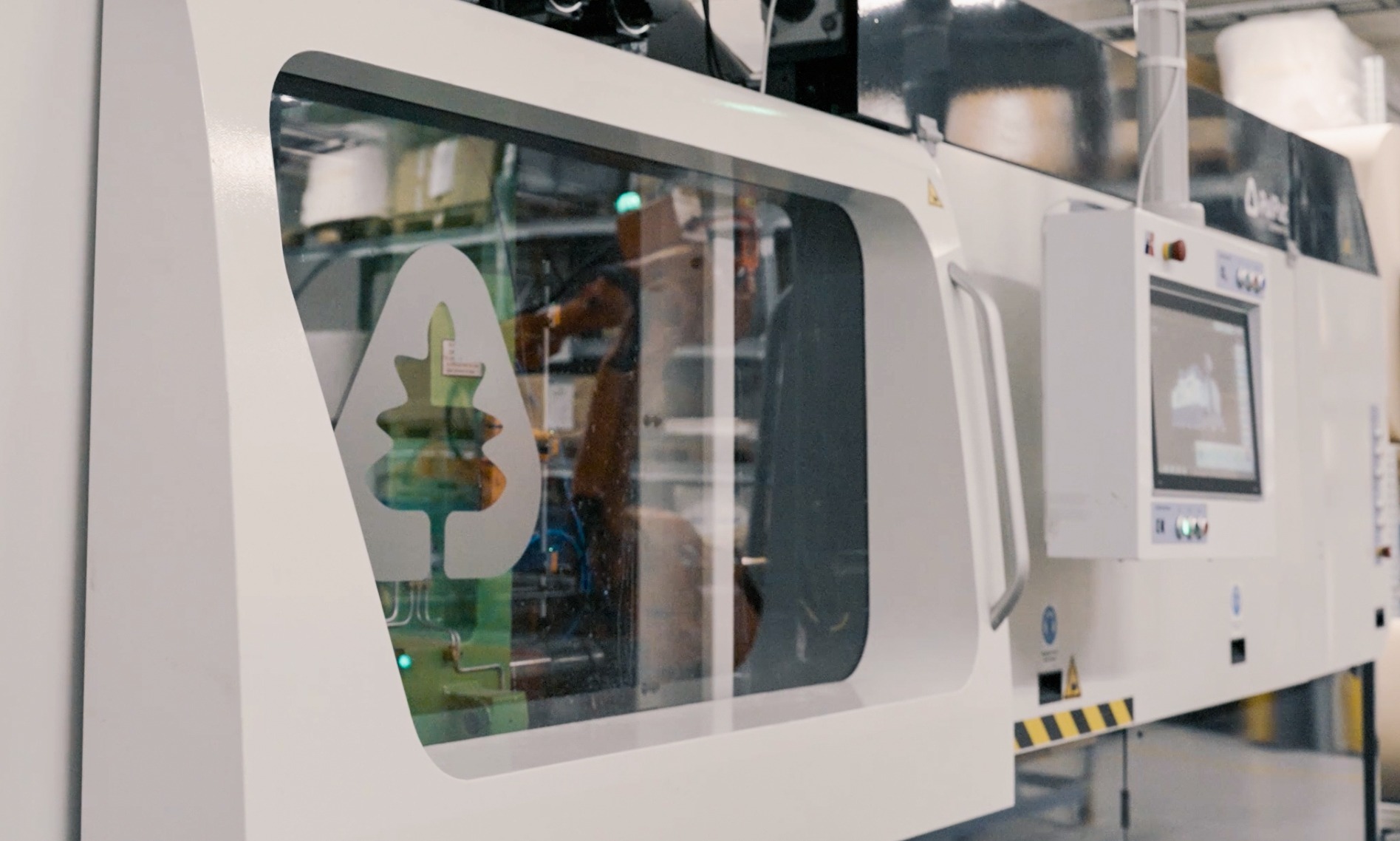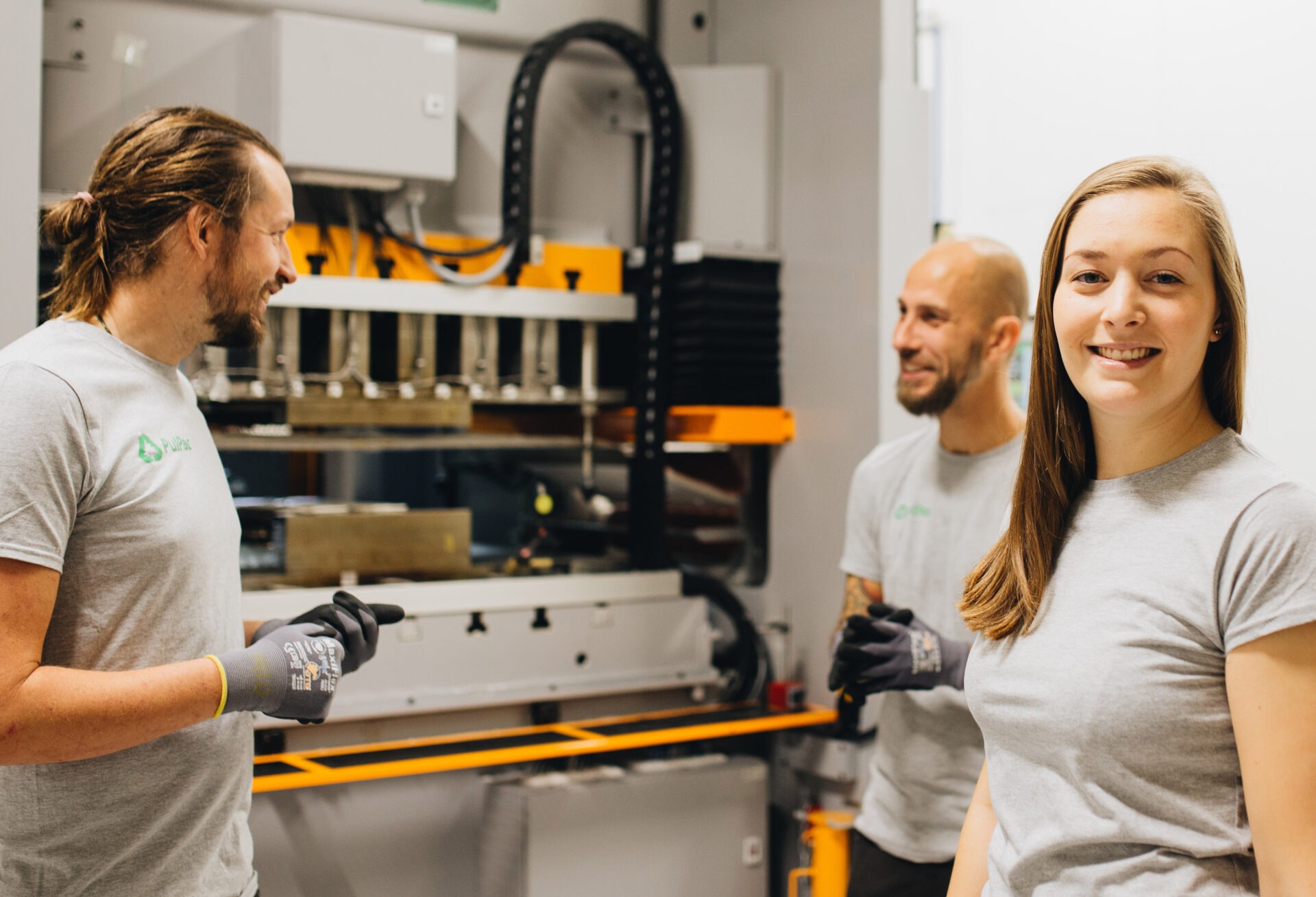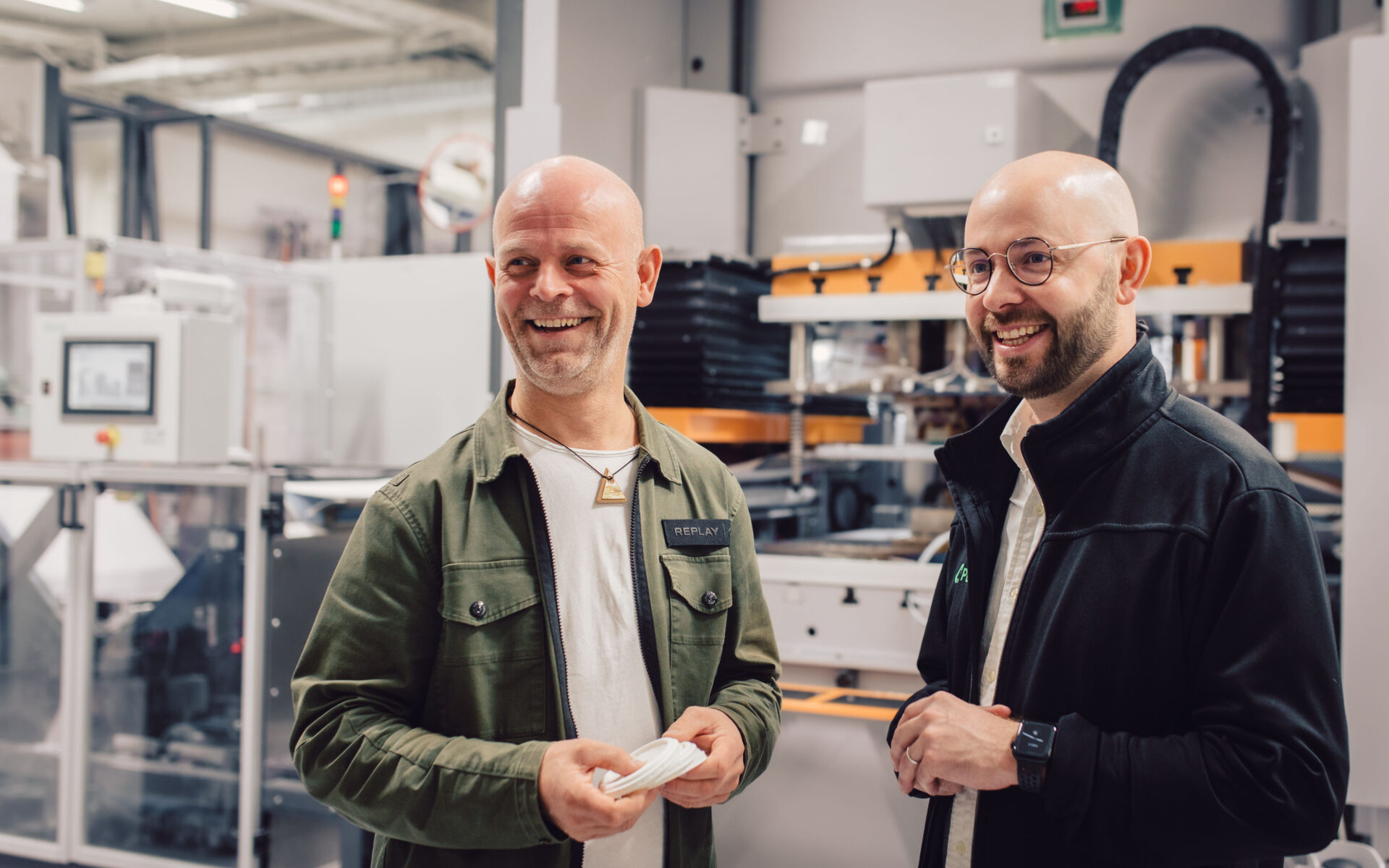
Europe’s fight against plastic pollution gets boost as EIB backs PulPac
The European Investment Bank (EIB) is lending €20 million to support PulPac's development and commercialization of Dry Molded Fiber as an alternative to single-use plastics.
- EIB lends Swedish sustainable-packaging company PulPac €20 million to advance alternatives to single-use plastics
- Funding is to scale fiber-based technology that company sell internationally
- Operation supports EU’s green goals
The European Investment Bank (EIB) is lending €20 million (around 220 million Swedish kronor) to Swedish sustainable-packaging company PulPac to tackle global plastic pollution. The EIB financing will support development and commercialization of a fiber-based technology developed by PulPac as an alternative to single-use plastics.
“BY SUPPORTING PULPAC, WE ARE BACKING AN INNOVATIVE AND SCALABLE SOLUTION THAT CAN MAKE A REAL DIFFERENCE IN THE GLOBAL EFFORT TO REDUCE PLASTIC WASTE AND ACCELERATE THE GREEN TRANSITION”
— Thomas Östros, EIB Vice-President —
Gothenburg-based PulPac is scaling up its patented Dry Molded Fiber technology, which produces rigid packaging from renewable cellulose fibre. The technology represents a disruptive improvement over traditional wet molding — currently the dominant method for fiber-based packaging — by enabling faster production with significantly lower environmental impact.
The company will focus on food and retail applications, including coffee cup lids, plates, cutlery, bottles, fashion hangers, and pharmaceutical packaging.
The European Union is working to reduce plastic pollution as part of a global effort to protect the environment — particularly marine ecosystems, wildlife, and human health. As part of this initiative, the EU has banned the sale of ten single-use plastic items, including plates, cutlery, straws, and cotton buds, and is actively promoting environmentally friendly alternatives.
“By supporting PulPac, we are backing an innovative and scalable solution that can make a real difference in the global effort to reduce plastic waste and accelerate the green transition,” said EIB Vice-President Thomas Östros. “This financing underlines the EU’s commitment to supporting next-generation technologies with global potential.”
The EIB financing for PulPac is structured as a venture debt loan – a form of growth financing tailored to innovative companies. It is provided under the InvestEU programme, which supports the EU’s green transition and efforts to spur innovation, industrial resilience and sustainable economic growth.
“We are honoured by the EIB’s backing and its recognition of Dry Molded Fiber as a core part of the shift towards sustainable packaging,” said PulPac Chairman Niclas Möller. “This partnership is both a financial milestone and a strong validation of our strategy to build a global licensing platform for fiber-based alternatives to plastic.”
The investment will accelerate PulPac’s research and development over a five-year period (2025–2029), with a focus on next-generation food service and retail packaging. The project aims to enhance material efficiency, improve product performance, and increase cost competitiveness, while supporting the global scale-up of Dry Molded Fiber through PulPac’s licensing-based business model.
“The EIB has shown great flexibility in tailoring a financial structure that supports industrial innovation,” said PulPac Chief Financial Officer Roderick Sundell. “With this support, we can scale faster, expand our technology portfolio and bring cost-efficient, sustainable packaging to global markets.”
BACKGROUND
EIB
The European Investment Bank (ElB) is the long-term lending institution of the European Union, owned by its Member States. Built around eight core priorities, the EIB finances investments that contribute to EU policy objectives by bolstering climate action and the environment, digitalisation and technological innovation, security and defence, cohesion, agriculture and the bioeconomy, social infrastructure, the capital markets union and a stronger Europe in a more peaceful and prosperous world.
The EIB Group, which also includes the European Investment Fund (EIF), signed nearly €89 billion in new financing for over 900 high-impact projects in 2024, boosting Europe’s competitiveness and security.
All projects financed by the EIB Group are in line with the Paris Climate Agreement, as pledged in the organisation’s Climate Bank Roadmap. Almost 60% of the EIB Group’s annual financing supports projects directly contributing to climate change mitigation, adaptation, and a healthier environment.
Fostering market integration and mobilising investment, the Group supported a record of over €100 billion in new investment for Europe’s energy security in 2024 and mobilised €110 billion in growth capital for startups, scale-ups and European pioneers. Approximately half of the EIB’s financing within the EU is directed towards cohesion regions, where per capita income is lower than the EU average.
High-quality, up-to-date photos of the organisation’s headquarters for media use are available here.
The InvestEU programme provides the European Union with long-term funding by leveraging substantial private and public funds in support of a sustainable recovery. It also helps to crowd in private investment for the European Union’s strategic priorities such as the European Green Deal and the digital transition. InvestEU brings all EU financial instruments previously available for supporting investments within the European Union together under one roof, making funding for investment projects in Europe simpler, more efficient and more flexible. The programme consists of three components: the InvestEU Fund, the InvestEU Advisory Hub, and the InvestEU Portal. The InvestEU Fund is deployed through implementing partners that will invest in projects using the EU budget guarantee of €26.2 billion. The entire budget guarantee will back the investment projects of the implementing partners, increase their risk-bearing capacity and thus mobilise at least €372 billion in additional investment.


